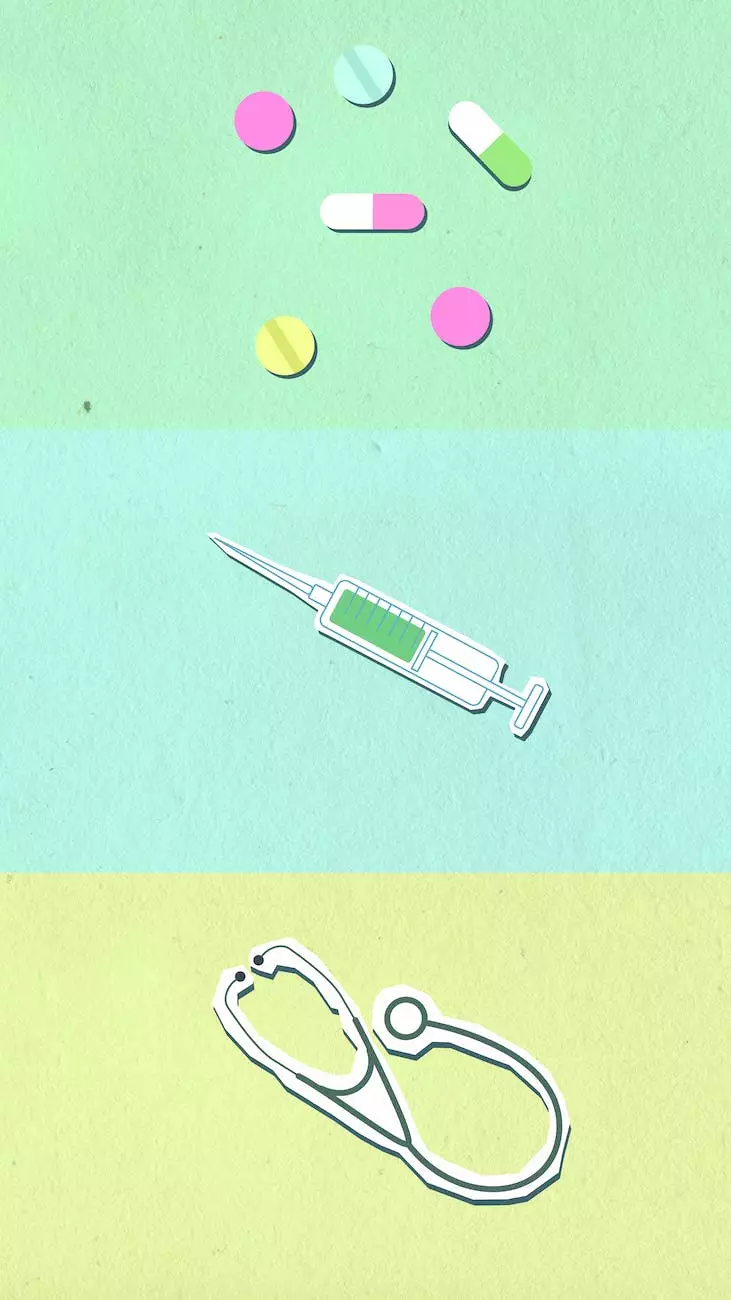Understanding Constructive Possession of Drugs
Criminal Defense
Introduction
Welcome to the comprehensive guide on understanding constructive possession of drugs, brought to you by John Hugh Shannon - your trusted source for legal information and advice in the field of drug possession. In this article, we will delve into the intricacies of constructive possession, exploring its definition, legal implications, and guidelines to help you navigate this complex aspect of the law.
Definition of Constructive Possession
Constructive possession of drugs refers to a legal concept where an individual has control over illegal substances, despite not physically possessing them. In other words, even if drugs are not directly in someone's physical possession, they can still be held accountable if they have knowledge of the drugs' presence, the ability to exercise control over them, and the intention to do so.
Key Elements of Constructive Possession
To establish a case of constructive possession of drugs, certain key elements need to be demonstrated:
- Knowledge - The individual must have knowledge or awareness that the drugs are present. This can be established through various means such as admissions, witness testimonies, or circumstantial evidence.
- Control - The person must have the ability to exercise control over the drugs, even if they are not physically holding them. Control can be demonstrated through evidence of access to the location where the drugs were found, control over the property where the drugs were discovered, or the authority to direct others regarding the drugs.
- Intention - Intent to possess the drugs is a crucial element. A person must have the intent to control and exercise dominion over the drugs, either for personal use or distribution.
Legal Implications of Constructive Possession
Being charged with constructive possession of drugs can result in severe legal consequences. The penalties vary depending on the jurisdiction and the nature of the offense, but commonly include:
- Fines - Individuals convicted of constructive possession may face substantial fines, which can range from a few thousand dollars to tens of thousands. The exact amount depends on the type and quantity of drugs involved.
- Imprisonment - Jail or prison sentences are a common consequence of constructive possession convictions. The duration of the sentence depends on the jurisdiction, the severity of the offense, and any previous criminal record.
- Probation - In some cases, the court may impose probation as an alternative to incarceration. Probation typically involves regular check-ins with a probation officer, mandatory drug testing, and adherence to specific terms and conditions set by the court.
- Loss of Civil Rights - Convictions related to drug offenses may result in the loss of certain civil rights, such as the right to vote, possess firearms, or hold public office.
Guidelines for Avoiding Constructive Possession Charges
To minimize the risk of being charged with constructive possession of drugs, it is essential to familiarize yourself with some helpful guidelines:
1. Knowledge is critical:
Be cautious about your surroundings and the people you associate with. Maintaining knowledge regarding the presence of drugs in your immediate vicinity is crucial to avoiding unintended constructive possession charges.
2. Contesting control:
If you find yourself in a situation where drugs are discovered near you, it is crucial to assert that you had no control over them. Providing evidence showing that you lack control and influence over the drugs can strengthen your defense.
3. Seek legal advice:
If you are facing charges related to constructive possession of drugs, it is imperative to consult with an experienced attorney specializing in drug offenses. They can provide guidance, evaluate the specifics of your case, and build a strong defense strategy tailored to your situation.
4. Be mindful of your statements:
When interacting with law enforcement officers, it is important to exercise caution with your statements. Anything you say can potentially be used against you. Refrain from voluntarily providing information and instead, seek legal representation as soon as possible.
Conclusion
Understanding constructive possession of drugs is essential in navigating the legal landscape surrounding drug possession charges. John Hugh Shannon provides comprehensive information and guidance on this complex subject to ensure individuals are well-informed and capable of effectively asserting their rights. Remember, if you find yourself in a legal predicament related to constructive possession, it is crucial to seek professional legal advice and representation.




